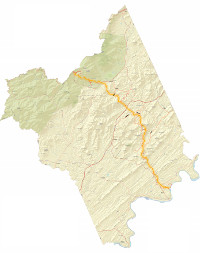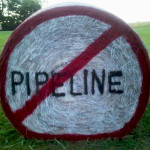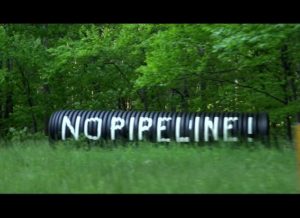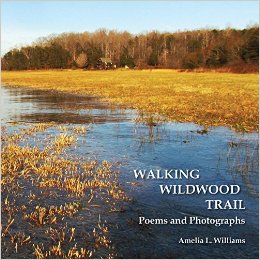Lessons Learned Project Video
An October 1st, 2022 evening event to celebrate the release of the Lessons Learned Project at the Rockfish Valley Community Center was well attended and a wonderful time to celebrate the accomplishment of our community in its fight against the ACP!
As we await the redesign of the Friends of Nelson webpage, you can find a link to the full 1 hour Lessons Learned video resource below. The Lessons Learned video, and a publication to come, are intended to be a resource available to other communities looking to organize against impactful projects.






